Plex: 15 November 2023
Collaborative Ecosystem Directory; OGM's Heartfelt Discussion on Gaza; How about an “energy transition” — at 18% ROI?! Gardenworld: The Most Promising Path; Tranquil Stones and Sacred Statue: Kyoto to San Diego; From FOMO to JOMO – On Media Fasts and Mood Management; 18 Days in Tuscany
The Biweekly Plex Dispatch is an inter-community newspaper published by Collective Sense Commons on first and third Wednesdays of each month. Price per issue: 1 USD, or your choice of amount (even zero).
In This Issue
- Collaborative Ecosystem Directory (Wendy McLean)
- Dialogue and Understanding: OGM’s Heartfelt Discussion on Gaza (Peter Kaminski)
- How about an “energy transition” — at 18% ROI?! (Gil Friend)
- Gardenworld: The Most Promising Path (Douglass Carmichael)
- Tranquil Stones and Sacred Statue: Kyoto to San Diego (Linda and Jack Park)
- From FOMO to JOMO – On Media Fasts and Mood Management (Ken Homer)
- 18 Days in Tuscany (Ken Homer)
Collaborative Ecosystem Directory
by Wendy McLean
The Collaborative Ecosystem map is now officially in beta on Catalist.Network! Over 250 interconnected objects now make it much easier to see the people and projects in our community.
I’ve created this page on my site as a home for the project’s evolution, which includes an embed of the directory and also this demo to show you the history of this mapping project and the Catalist features and capabilities that make the directory collaborative.
A huge thanks to Vincent for his continued partnership on this project and for his development of Catalist for the benefit of the Commons. And another thank you to all the collaborators who assisted with contributing information to this mapping project.
As always, I’m open to your comments, suggestions and insights. Feel free to email me at wendy@everyoneswisdom.com.
Dialogue and Understanding: OGM’s Heartfelt Discussion on Gaza
by Peter Kaminski
At last Thursday’s Open Global Mind call, participants had an intense and heartfelt discussion about the situation in Gaza. The group, which included people with personal ties to the Middle East, shared personal stories and perspectives.
The discussion ranged over the conflict’s complexities, the effects of generational trauma, and the influence of religious and political extremism. Participants brainstormed ideas for peace, stressing the need to heal from past traumas and calling for empathetic, cooperative ways to solve conflicts. The call highlighted the importance of open and honest dialogue in understanding and addressing challenging and nuanced global issues.
Here are links to the recording and transcript of the call:
- YouTube: 2023-11-09 OGM Call: The Gaza Situation
- transcript: OGM Thursday, 2023-11-09
- linked in Jerry’s Brain: 2023-11-09 OGM Call: The Gaza Situation (xlnt)
I prepared a customized version of ChatGPT, a “GPT” in OpenAI’s parlance, which has the transcript of the call as its “knowledge.” If you are a ChatGPT Plus subscriber, you can chat with the GPT at this unlisted link: OGM Thursday, 2023-11-09.
If you are not a ChatGPT Plus subscriber, you might be interested to watch a 22-minute demo video here: A GPT for OGM Thursday, 2023-11-09 - the situation in Gaza.
The demo video is meant as an overview of both the call and the new “GPT” technology from OpenAI.
charles blass
How about an “energy transition” — at 18% ROI?!
by Gil Friend
originally published at Gil Friend on STRATEGIC sustainability
Have you ever tried to change a habit?
Have you ever tried to change your spouse’s habits? Your child’s? Ten people in your company? Or 100? Or 100,000?
It’s hard. And yet it’s done. But you have to make the commitment, and do the work.
This is true at the macro level. One case in point: McKinsey & Company (the world’s top management consultancy) says that “sustainability is a mission-critical priority” and that it is committed to helping clients decarbonise. But France24 reports that McKinsey “is using its position as a key advisor to the UN’s COP28 climate talks to push the interests of its big oil and gas clients, undermining efforts to end the use of the fossil fuels driving global warming.” McKinsey’s draft for COP28 (they’re providing pro-bono advice to the UAE) “says $2.7 trillion a year in new investment will have to be sunk into oil and gas until mid-century, clashing head-on with the IEA net-zero blueprint.”
On the other hand, Stanford University engineering professor Mark Z. Jacobson estimates that “the overall upfront cost to replace all energy in the 145 countries which emit 99.7 percent of world [anthropogenic] carbon dioxide, is about $62 trillion”—about the same amount McKinsey proposes for investment in oil and gas. “However, due to the $11 trillion annual energy cost savings, the payback time for the new system is less than six years.” That’s roughly a 17.7% ROI. Sounds like a good investment to me! And perhaps a violation of fiduciary duty not to make. (How are your investments doing?)
(Mark and I spoke Monday at the 2023 Solutions Summit, streaming from the US House of Representatives. You can read my opening remarks here.)
And what about the personal dimension? At our conversation at the Commonwealth Club a few years ago, Nora Bateson asked the audience for a show of hands: “How many in this room are not wearing a single item of exploitation, of people or resources?” Not a single hand went up; not hers, not mine, either. It raises the question, of course, of how we choose to live in relation to our concerns and commitments; all too often we cut ourselves slack and expect impeccability from others.
You can take this two ways, of course: cut others more slack…or be more impeccable! But what would that mean? What would that take? In your business…and in your life.
Yes, “it’s hard.” And yet it’s done. People do change habits. Organizations do change practices. But you have to make the commitment, and do the work.
I think and talk about this often. With corporate strategy clients. With coaching clients. With my own family. (Did you know that food waste might be your biggest personal carbon emission?)
And we'll explore it next week at Living Between Worlds—our monthly online conversation about, well, living between worlds—with grace, dignity, and power. Register here for future sessions. I look forward to seeing you there!
charles blass
Gardenworld: The Most Promising Path
by Douglass Carmichael
We have had many wide ranging climate action discussions, but what they add up to is fear that there is no proposal that deals with the logistics of actual co2 emissions reduction. This emission level is larger than in the months after Paris but right down to today co2 emissions are still rising. The conclusion has to be that we are in dire circumstances.
We have had to deal with fake plans such as switching to “clean energy” “or net-zero” sources such as natural gas, methane, and biomass (of course burning these also creates co2). The avoidance of simple logic and conclusions by so many worldwide has been discouraging. A transition in basic economics is replaced by “climate justice”. This hides the reality that the financial sector should, the official dialog should, be incentivized to raise investment by raising the incomes of the poor rather than cutting the incomes of the rich.
The background is that humanity lived on the surface of the earth sustainably until the discovery of fossil remains led to new opportunities for growth, giving us the hockey-stick result of allowing perhaps five times as many people living on the planet as is sustainable. Given the breakdown of that system we may have to return to the one-fifth of current population and economic activity.
Most discussions are still about what is wrong, and to the extent discussions move beyond that, they are about how to engage financing for change projects. While there is widespread awareness that the “system”is broken, there is no discussion at scale and depth past “we must”. The hope is to replace the current (energy) system with a new energy system that allows all the energy customers to remain connected and avoid any change.
The current reality is more storms, more drought, more crop reductions. Melting ice, rising prices across the spectrum, larger migrations, failing health systems. It is obvious that commodity prices will rise, energy prices driving these, and materials prices will make the manufacturing of alternative technologies more expensive. We are already seeing business that survived on 1 or 2% money closing down major projects (offshore wind projects on the US East Coast for example).
In short, we have lived with cheap energy and built recklessly. That period is over. We need to give up assuming the task is to avoid change with fingers in the dike.
The most promising path is Gardenworld, blending the growth of food and the growth of humans in the same project; blending food and shelter in projects on land that remains viable.
Tranquil Stones and Sacred Statue: Kyoto to San Diego
by Linda and Jack Park

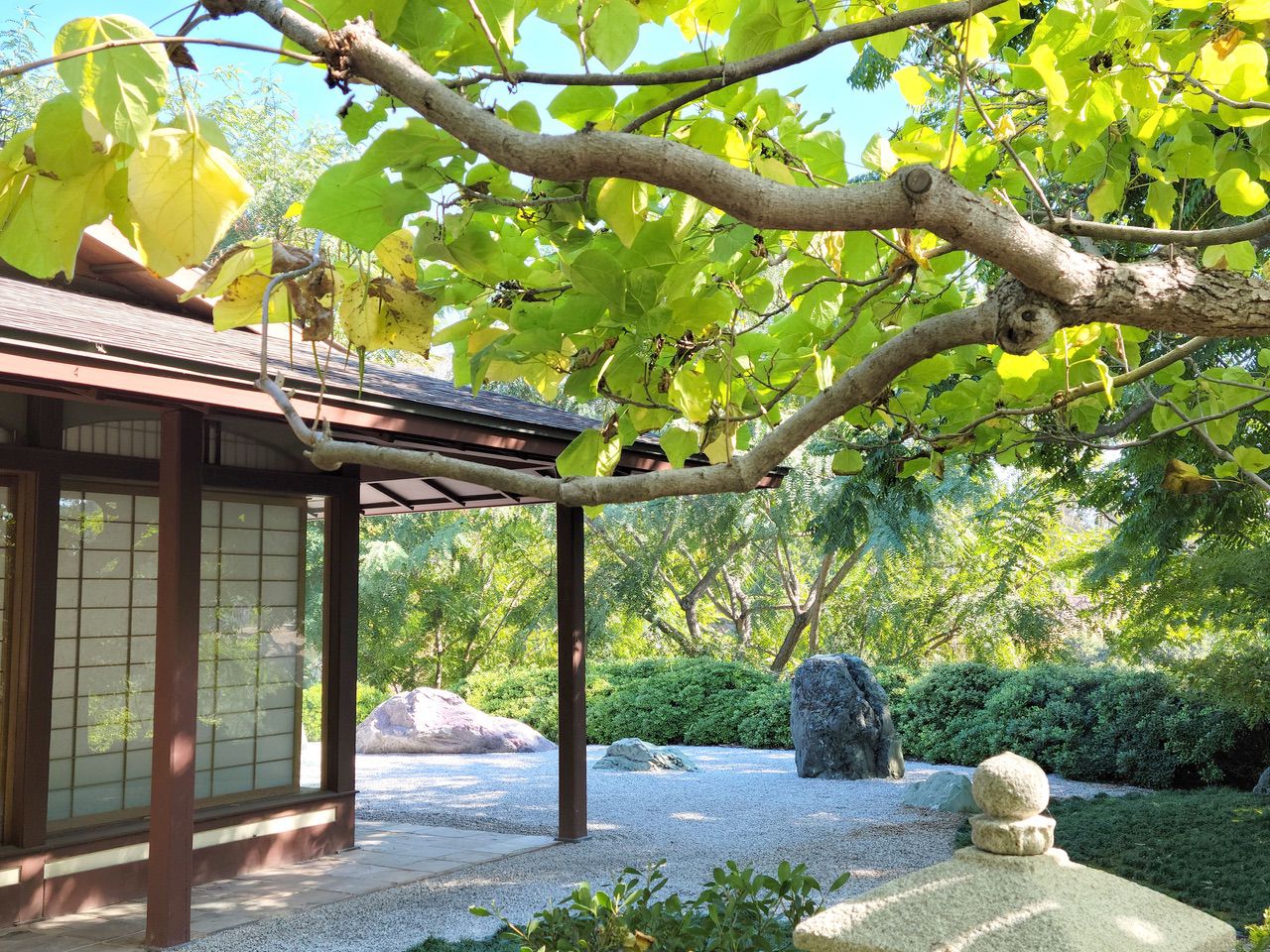
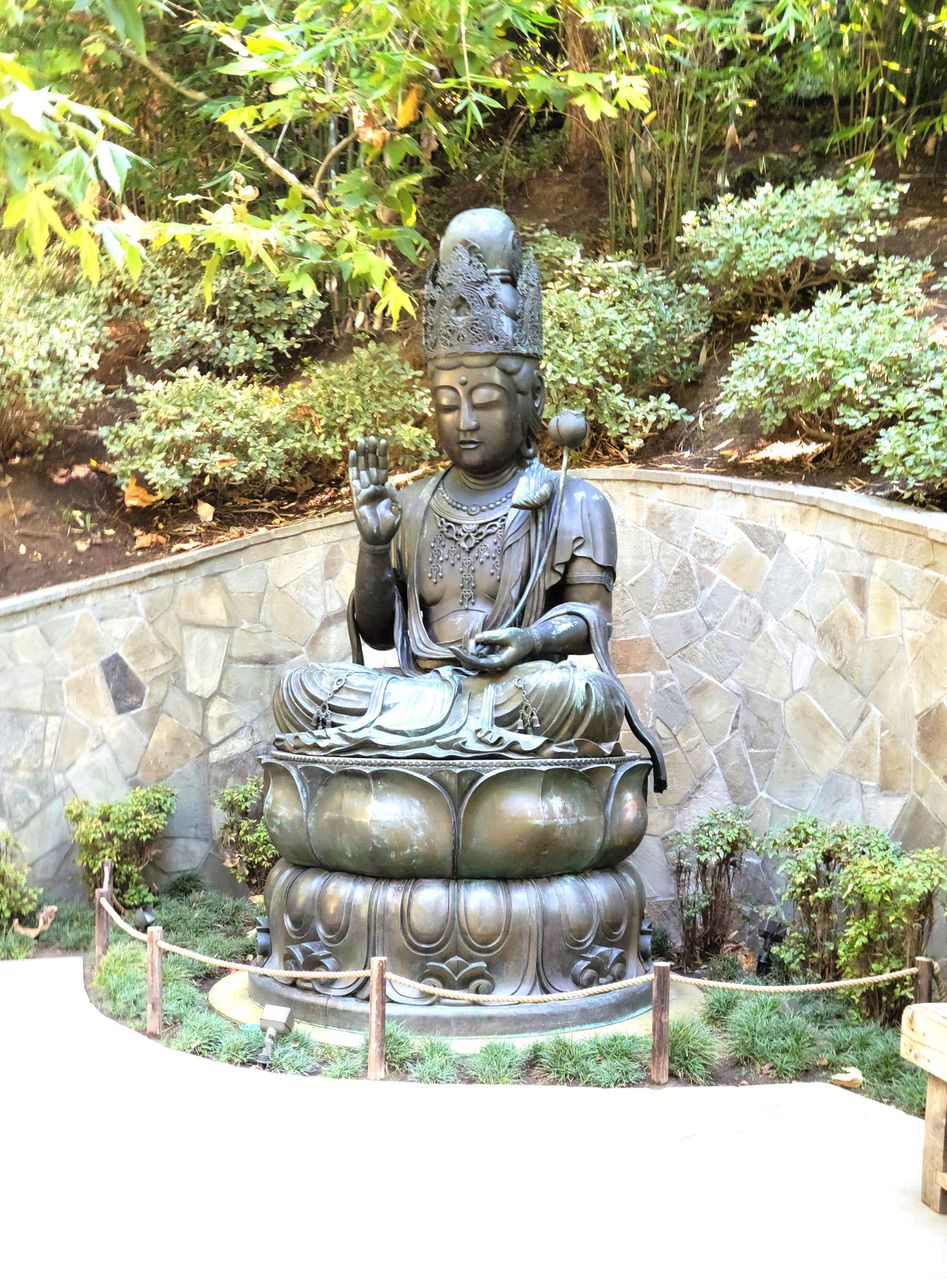
From FOMO to JOMO – On Media Fasts and Mood Management
by Ken Homer
“News” is the plural of new. News used to report on what’s new in the world. Today however, many news outlets focus on the frothy foam atop the waves of current events rather than examining the deep currents that give rise to those waves. Much of the news is focused on the ephemeral rather than the enduring which contributes to our amnesic society. Yet, like many people I know, I find myself riveted to the news by the same force of fascination that makes it so difficult to look away from a terrible accident.
The thought of not following the news evokes a powerful fear – that of missing out. The first time I did a media fast I was gripped by overpowering FOMO. The year was 1999 and I was at the first of several four-day intensives in my year-long professional coaching certification program. As a requirement for acceptance into the program I had to review a list of 60 books and choose ten that I had not read. I had read about 40 of the books on the list so I was able to find the required number. I was thrilled when I picked up the bag with the books and felt the weight of them. Then came a shock.
“Ken, you are not going to read those books. Instead, you are going to spend the next six months with no TV (not a problem, I got rid of my TV in 1990 and never bought another one), no newspapers, no magazines, no books, no comics (could I survive without For Better or For Worse?!), no online reading, and no radio. You can listen to whatever music you have at home. The only reading you are allowed is whatever you need to read for work.”
Egad! This struck me as cruel and unusual punishment. A kind of dread took hold of me, and I felt sure that I would soon become an uninformed idiot incapable of conversing about current events or much else for that matter. I protested to no avail. The assignment was firm. I couldn’t recall a single day of my life since I had learned how to read when I didn’t read something – well, there were those two weeks on Bali when my temp soared to 105ºF due to dengue fever, but I gave myself a pass for that. I glumly carried the books home, looked longingly at their spines, and put them on the shelf.
However, the assignment proved to be a revelation! Within a few days I started to feel my mood shifting and after a couple of weeks I was nearly giddy with a newfound lightness of being. I was happier, less reactive, and had more mental energy and focus than I recalled experiencing for some time. FOMO had given way to JOMO – the joy of missing out!
It took me a while to realize that my addiction to news had, over the years, been slowly contributing to a mood of roiling anger and resentment that was mostly out of my conscious awareness but that often spilled over into my daily life. While I was up on the news, I also felt powerless to do much about any of the things that were making headlines. I was angry at all the stupid decisions, celebrity gossip, and sensationalism that make up the bulk of the stories that most media outlets feature. Many of us are familiar with the “If it bleeds, it leads” mentality that drives advertising revenue, and thus, biases what gets reported towards what drives profitability not what informs nor what provokes deep reflection and productive conversation on the part of the citizenry about how we can create healthier communities and live in harmony with each other all the other species we share this planet with.
But wait a minute! Being a news junkie isn’t a bad thing, is it? I mean, news junkies are people who are curious, informed, thoughtful, reflective, and inquiring, how could that be a bad thing? While on my media fast I noticed that my need to stay informed about current events did indeed bear some of the hallmarks of addiction. I spent hours each day immersed in reading the latest developments in politics, science, ecology, technology, and of local, national, and international news. When I found a juicy story, I’d get a dopamine hit and if I wasn’t informed, I felt restless and uneasy. Then, when I went cold turkey, I definitely suffered from withdrawal. Much to my chagrin, I realized that a news addict is still an addict. Since addiction has burned, scarred, and withered branches on both sides of my family tree this was a startling realization. I never thought of my interest in news as something that could limit me in so many ways until I set it aside for a while.
Divorcing myself from the strum und drang of the media for six months opened a portal in my mind that alerted me to the heavy mental and emotional price that those of us who are obsessive news junkies pay.
Being assigned that first media fast nearly 25 years ago proved to be a great gift to me. Over the intervening years, I have periodically done media fasts whenever I have noticed that the anger and powerlessness I feel about the state of the world is affecting my ability to enjoy my life or if it derails me from focusing on how I can best create the conditions for wellbeing all around me. The difference these days is that rather than a total media fast, I still read books and periodicals on subjects that interest me while eschewing the daily news. Poetry often trumps headlines on these fasts, and I am reminded of William Carlos Williams (who was a poet by avocation and a doctor by vocation and who knew something about healing and the soul) who said: It is difficult to get the news from poetry yet, people die every day for lack of what is found there.
Recently, I traveled to Italy for 18 days and I made a conscious decision to not keep up with the headlines about the wars raging in Ukraine, Israel, and Gaza, the ongoing drama of the MAGA-controlled House, and the ever-deepening meta-crisis. For me, it is precisely at moments like this, when everything seems to assume an outsized urgency and my need to know what is happening burns like a fire in my mind, that I find it most helpful to turn off the news and allow myself to be fully in my life, to deeply engage the questions that I feel are worth asking. Questions that the news rarely explores. Questions that lead to a deepening of understanding – which is different mode of being than what flows from following after questions that lead to a broadening of knowledge. The Tao Te Ching offers wise counsel on the matter:
Trying to understand is like straining through muddy water. Have the patience to wait! Be still and allow the mud to settle.
So often these days the state of the world confuses me, upsets me, depresses me, and flummoxes me. I want to be effective in the world, to leave it just a little better for my having passed this way. In times like these, when great turmoil is the order of the day, I find that absorbing too much news has the opposite effect causing me to feel helpless and ineffectual. So, for now, I am ignoring the screaming headlines of death and destruction, of climate chaos, and of endless suffering, and instead I am practicing being present to my friends, my family, and my life. I am speaking less and listening more. I’m reading more poetry and more books, walking more in nature, and taking in less and less news. I’m thinking about what it takes to create the conditions for wellbeing at every level of fractal in which human behavior has a role to play.
May all beings be freed from suffering and harm – especially the news-inflicted kind.
18 Days in Tuscany
by Ken Homer
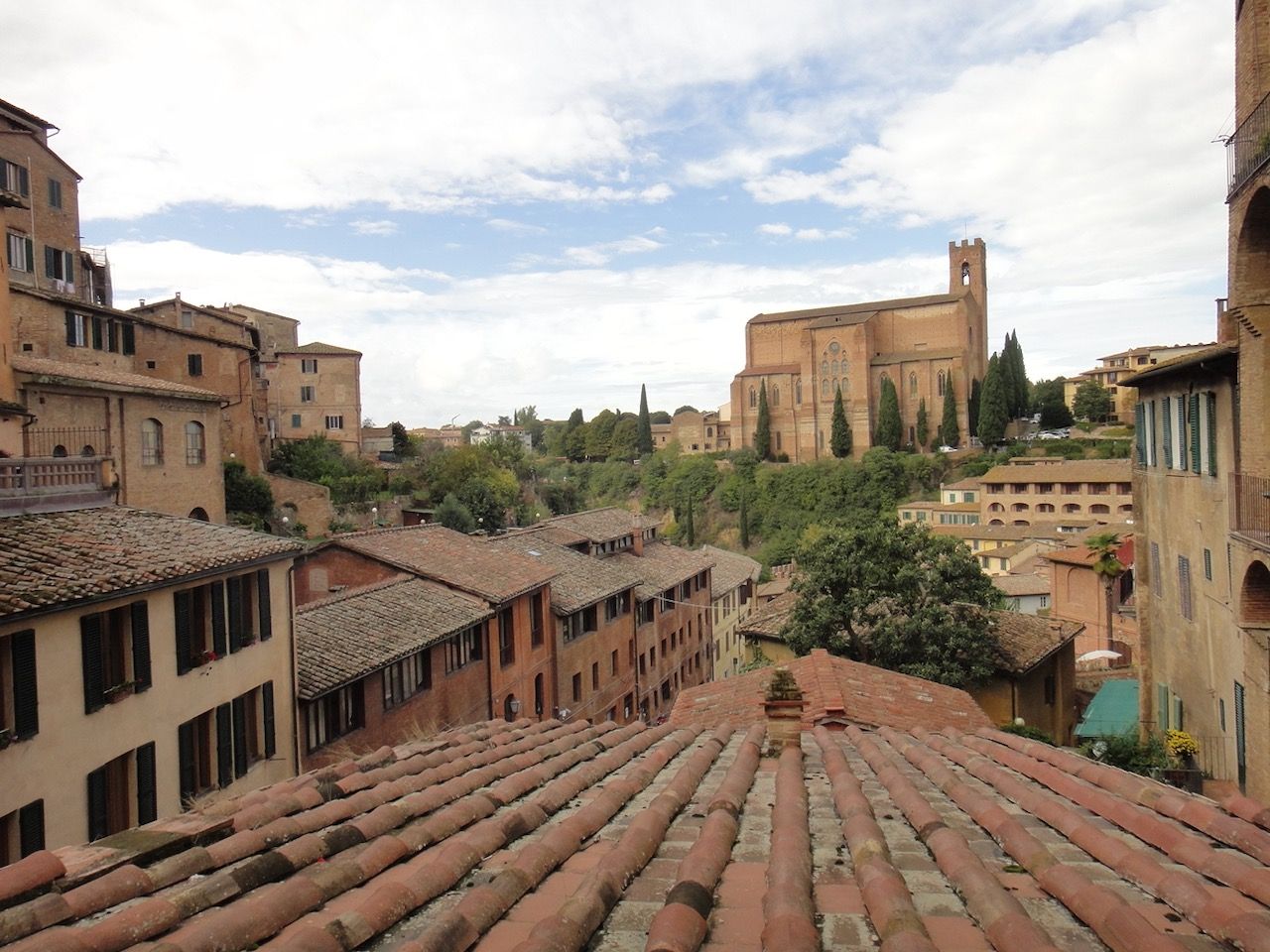
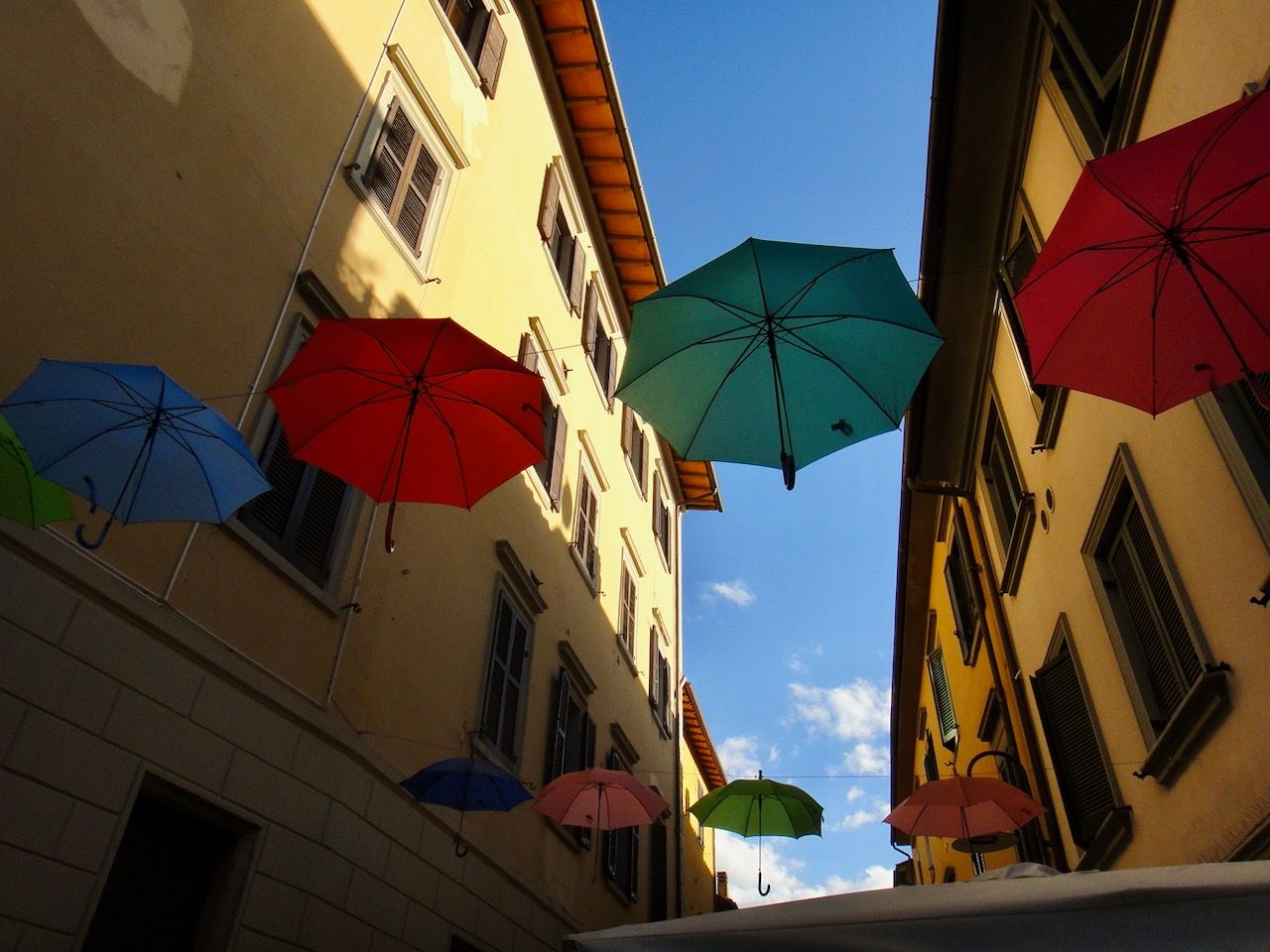
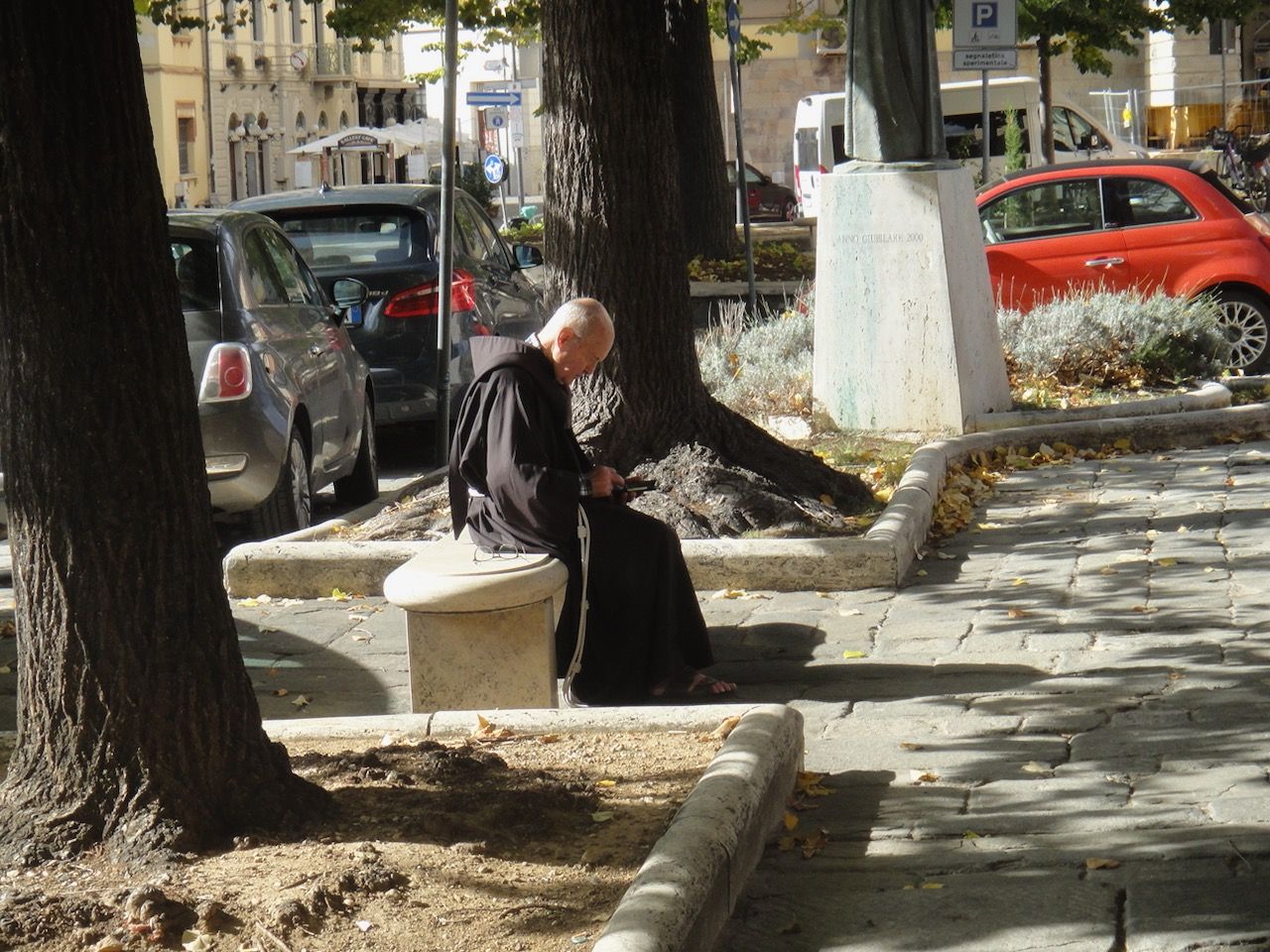
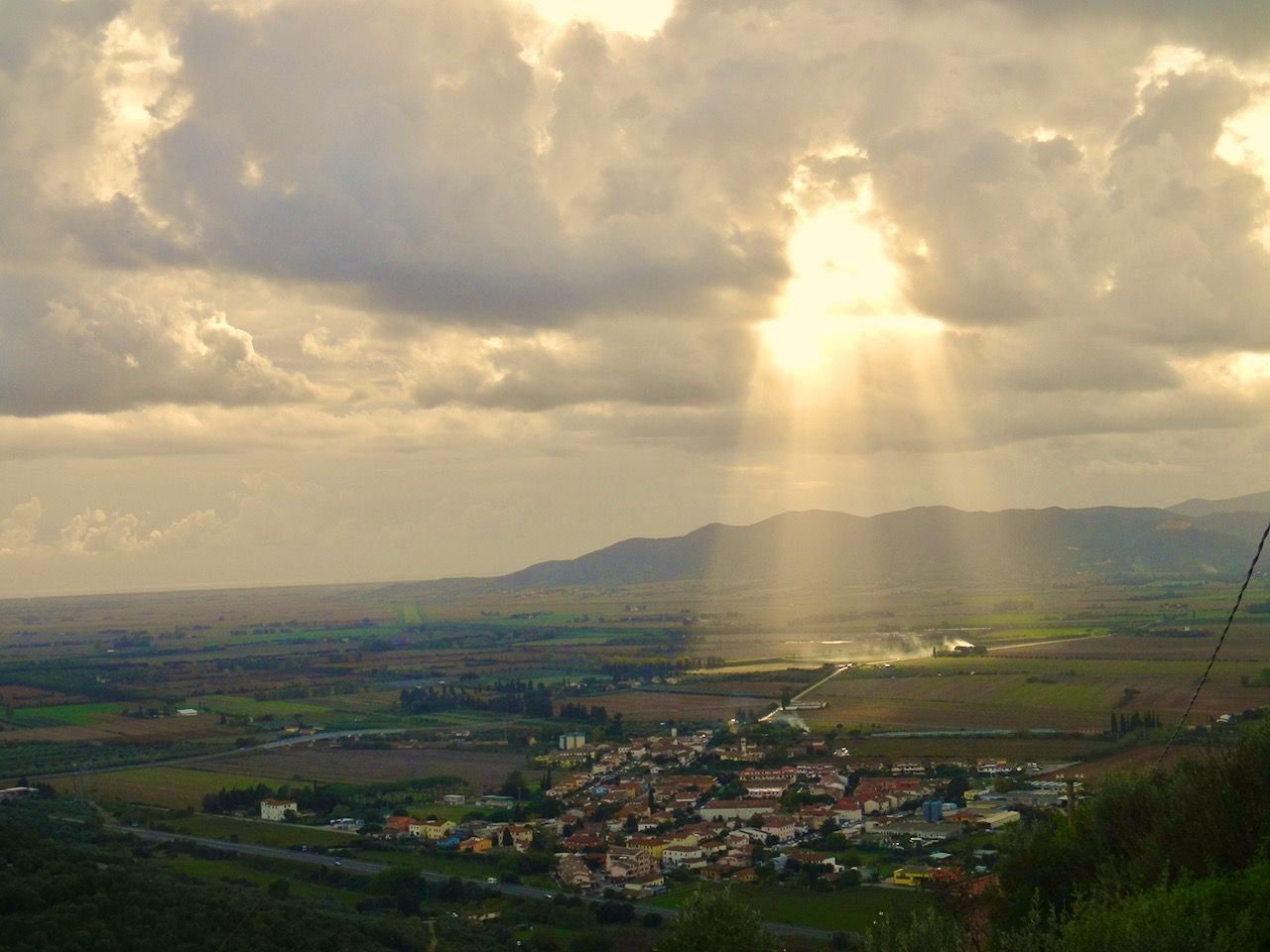
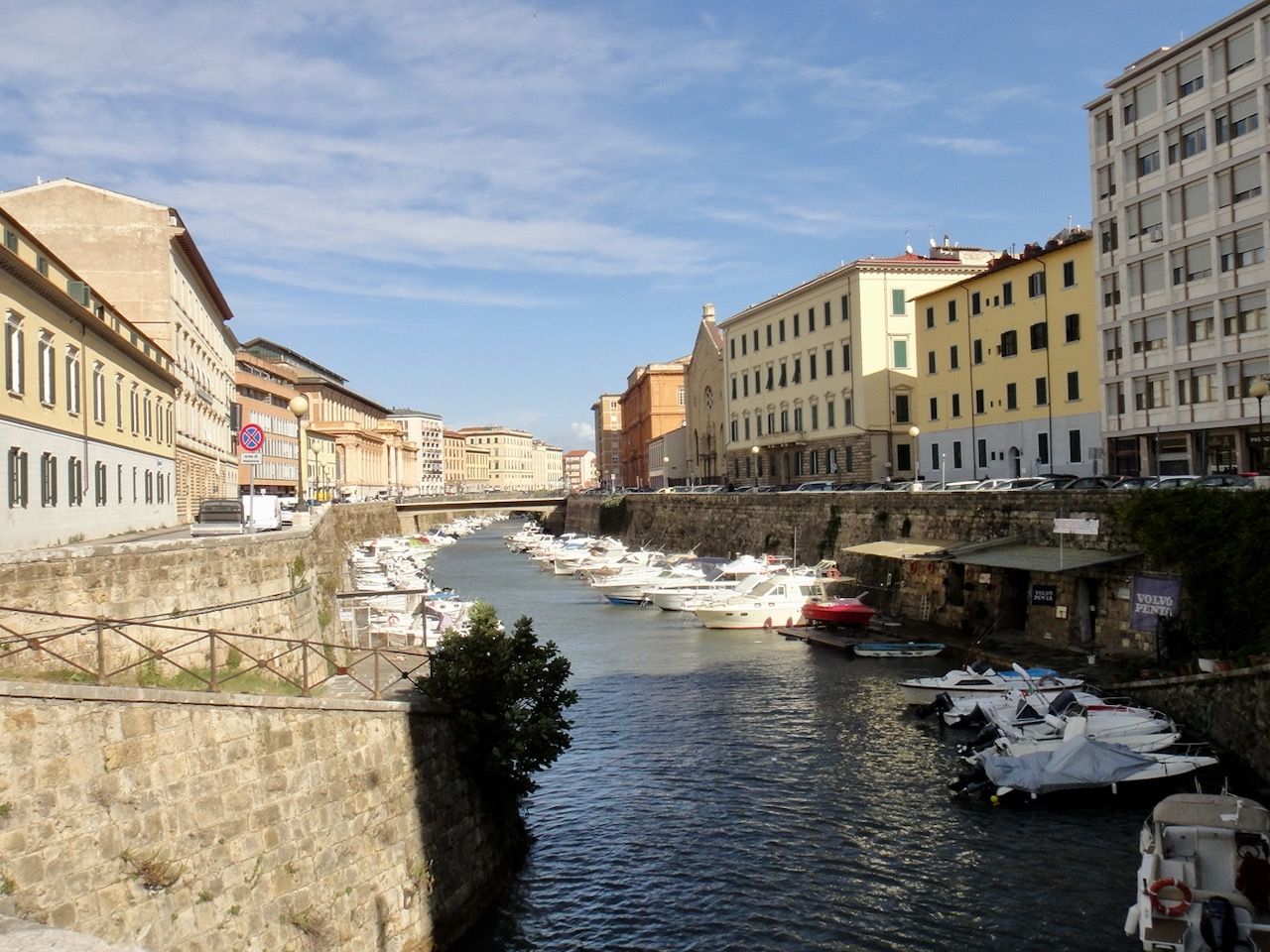
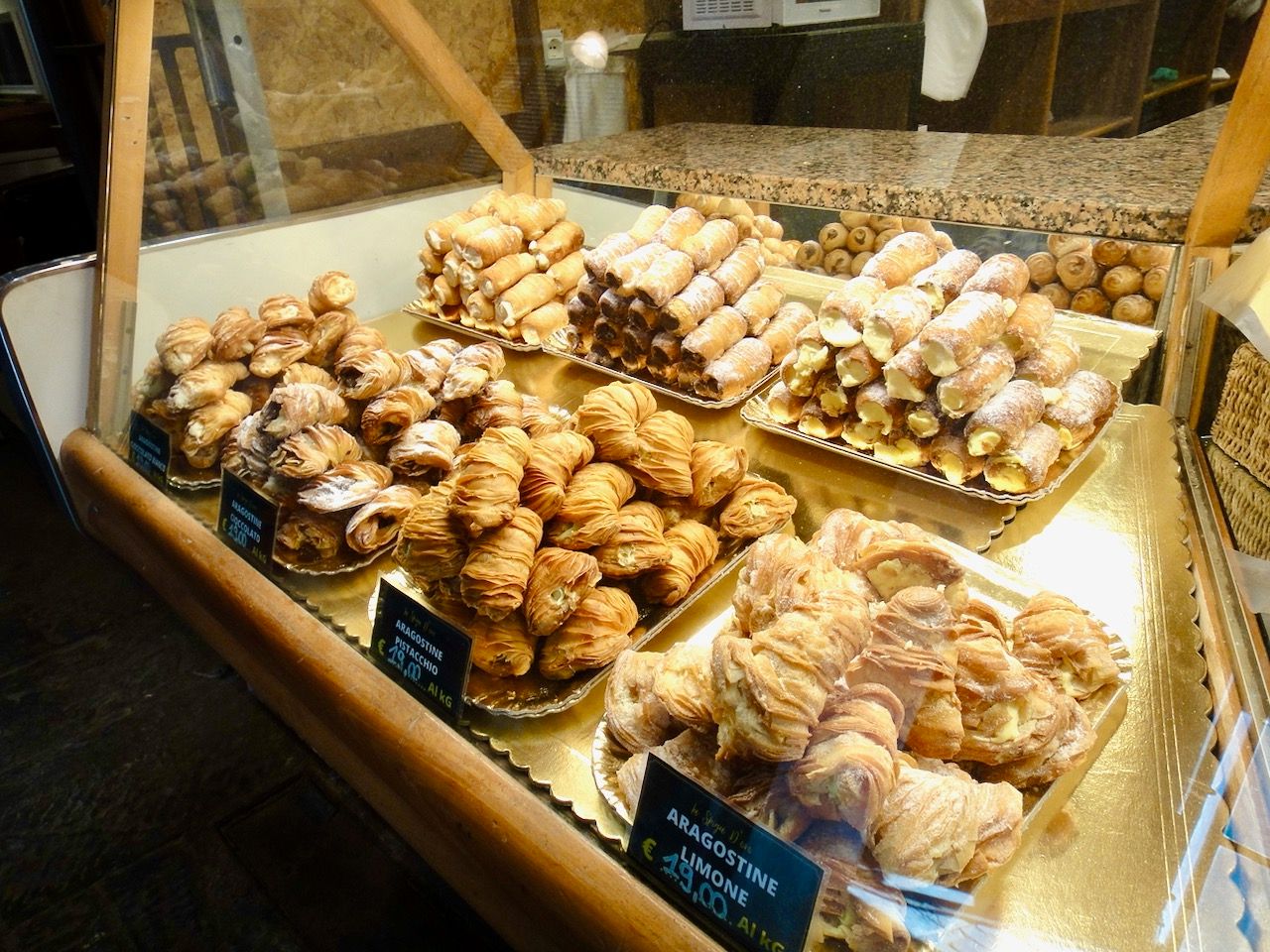
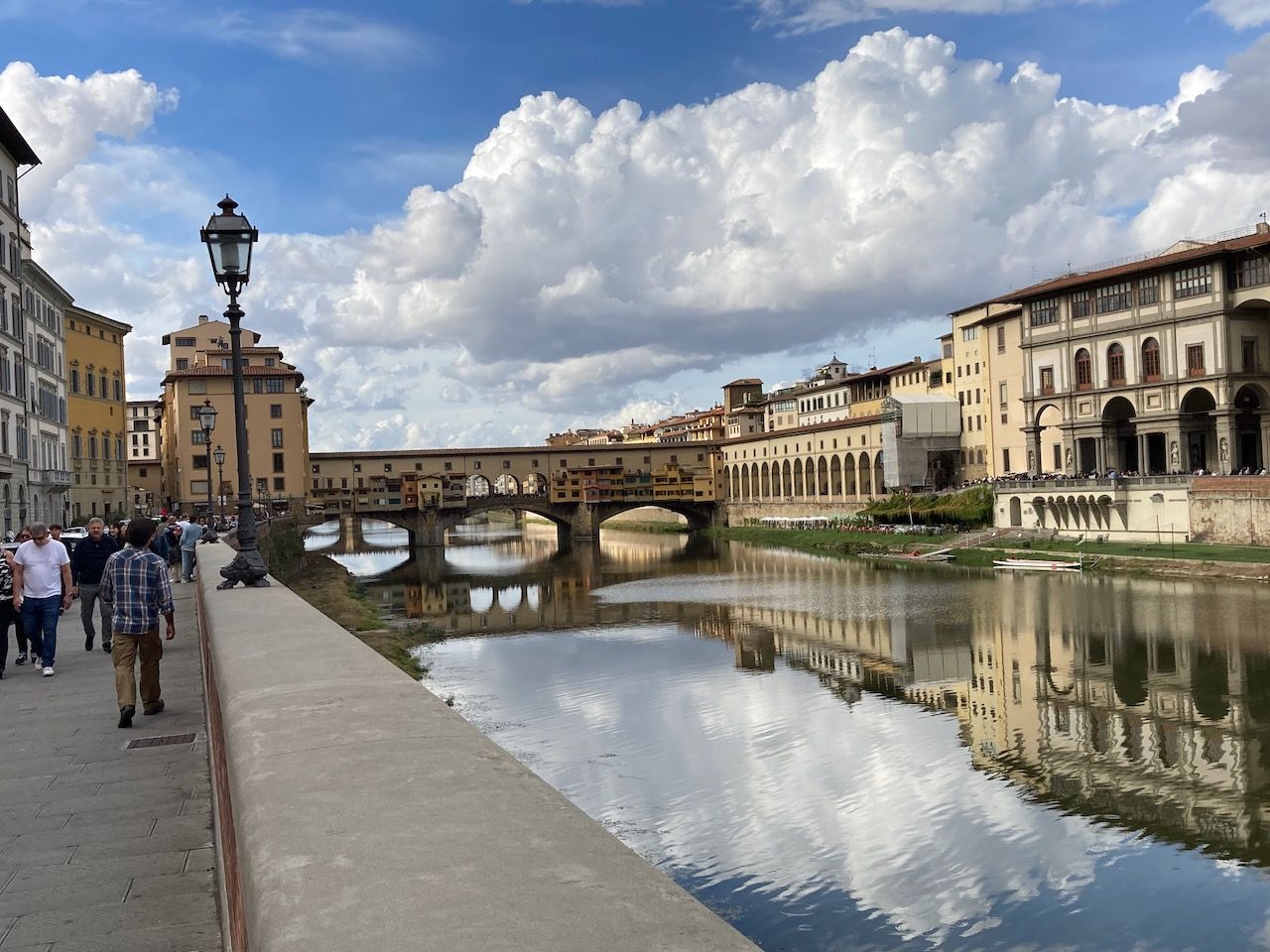
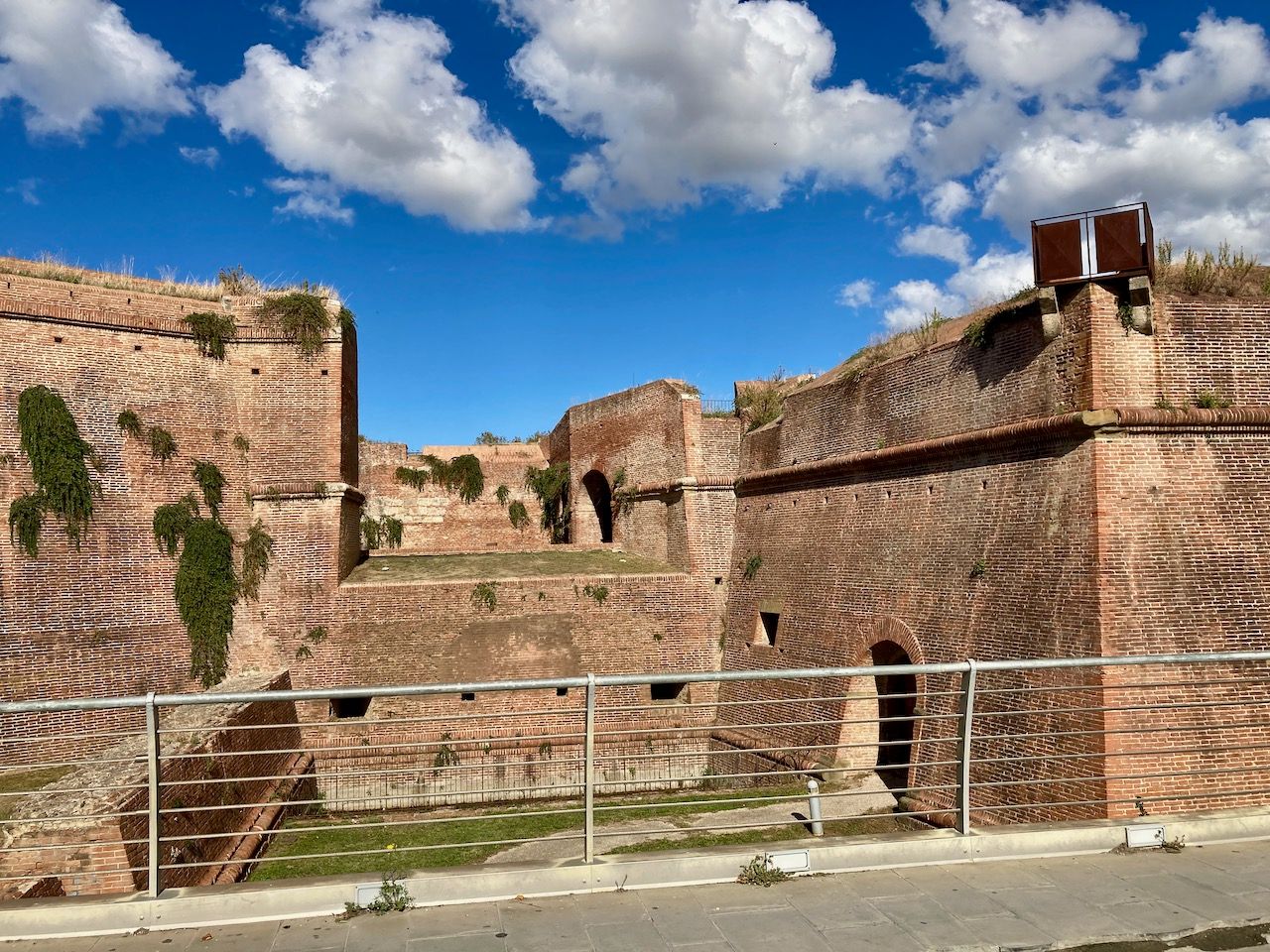
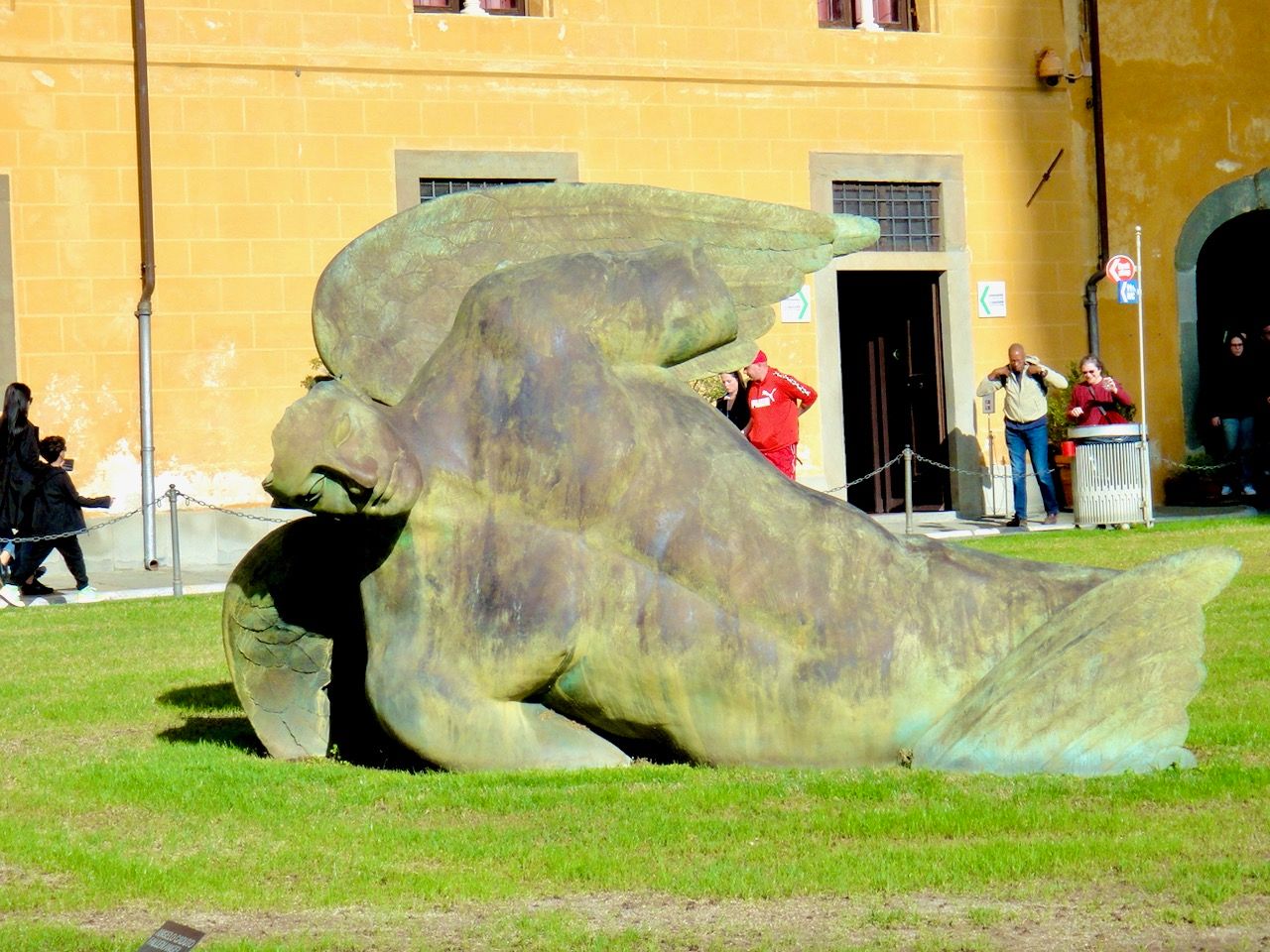
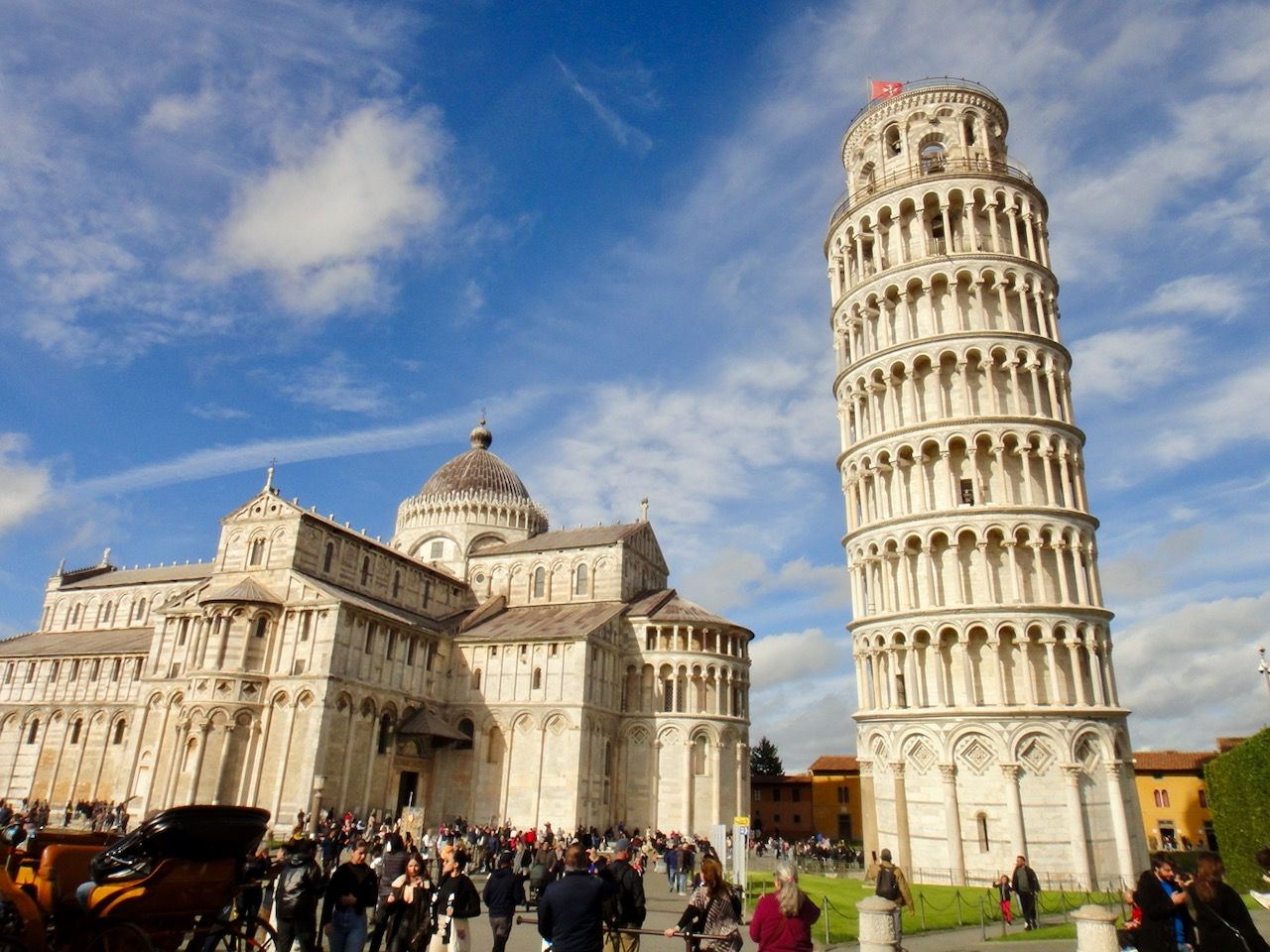
charles blass
Thank you for reading! The next edition will be published on 6 December 2023. Email Pete with suggested submissions.
Grateful appreciation and many thanks to Charles Blass, Douglass Carmichael, Gil Friend, Ken Homer, Wendy McLean, and Linda and Jack Park for their kind contributions to this issue.